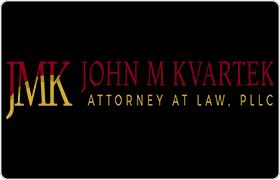Escambia County, FL Criminal Lawyers
Sponsored Law Firm
-
 x
x

Click For More Info:
-
John M. Kvartek, Attorney at Law
100 North Spring St Suite 2 Pensacola, FL 32502» view mapCriminal Defense Law You Can Count On Us
When you are facing legal challenges, you need John M. Kvartek who will review the facts of your case, determine your goals and work towards meeting those goals.
850-912-6122
Suzanne Noland Whibbs
✓ VERIFIEDSocial Security, Wills & Probate, Workers' Compensation, DUI-DWI, Personal Injury
Suzanne Whibbs received her undergraduate degree from the Auburn University in 1993. In 1997, she received her J.D. from Cumberland School of Law at S... (more)
John Donovan Whibbs
✓ VERIFIEDAccident & Injury, Criminal, Workers' Compensation, DUI-DWI, Social Security
In 2012, Donovan was selected by Florida Super Lawyers as a “Rising Star,” an honor extended to only two and a half percent of Florida lawyers eac... (more)
Ross A. Keene
Federal Appellate Practice, Family Law, Criminal, Civil Rights
Status: In Good Standing
FREE CONSULTATION
CONTACTFREE CONSULTATION
CONTACT John Kvartek Pensacola, FL
John Kvartek Pensacola, FL Practice AreasExpertise
Practice AreasExpertise


